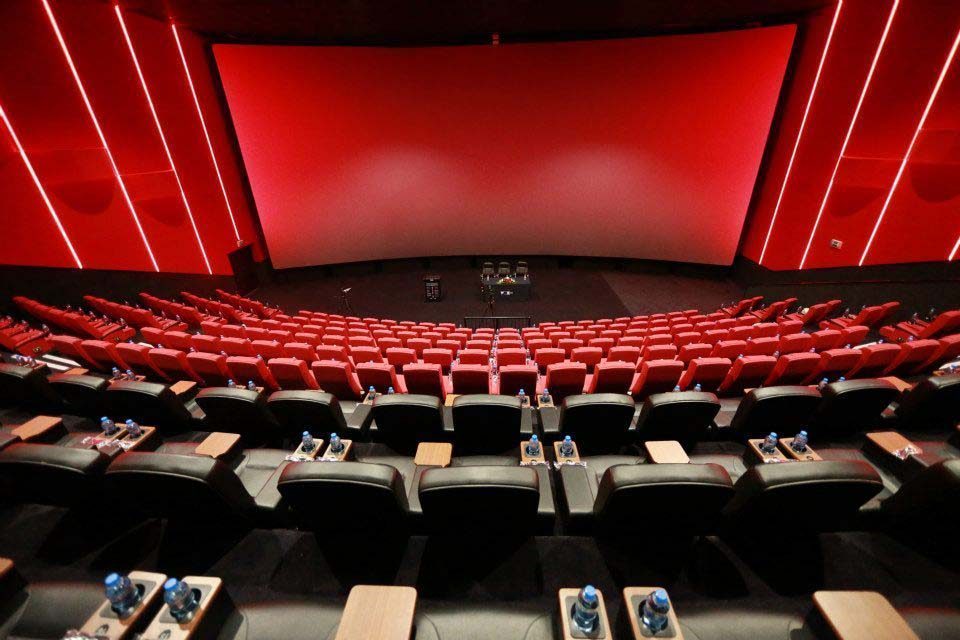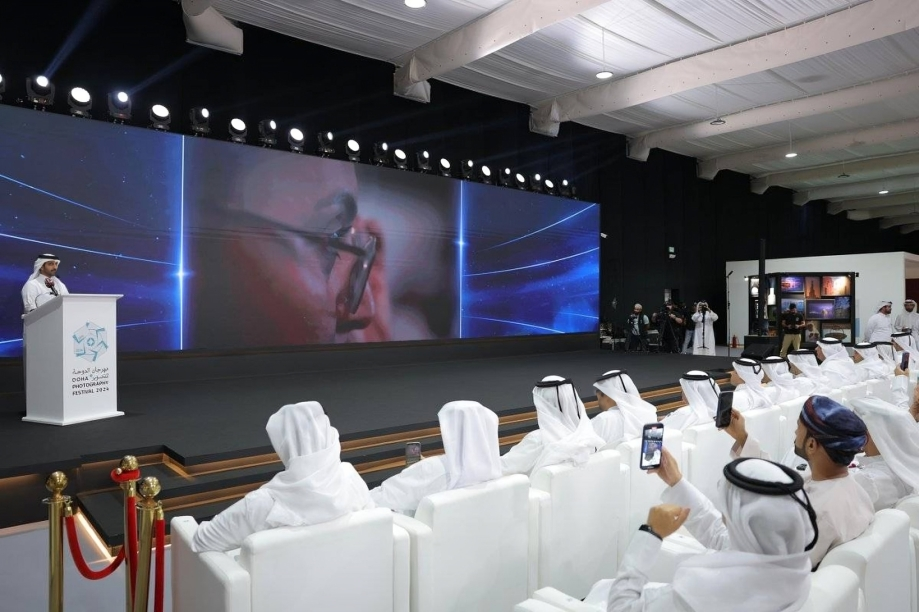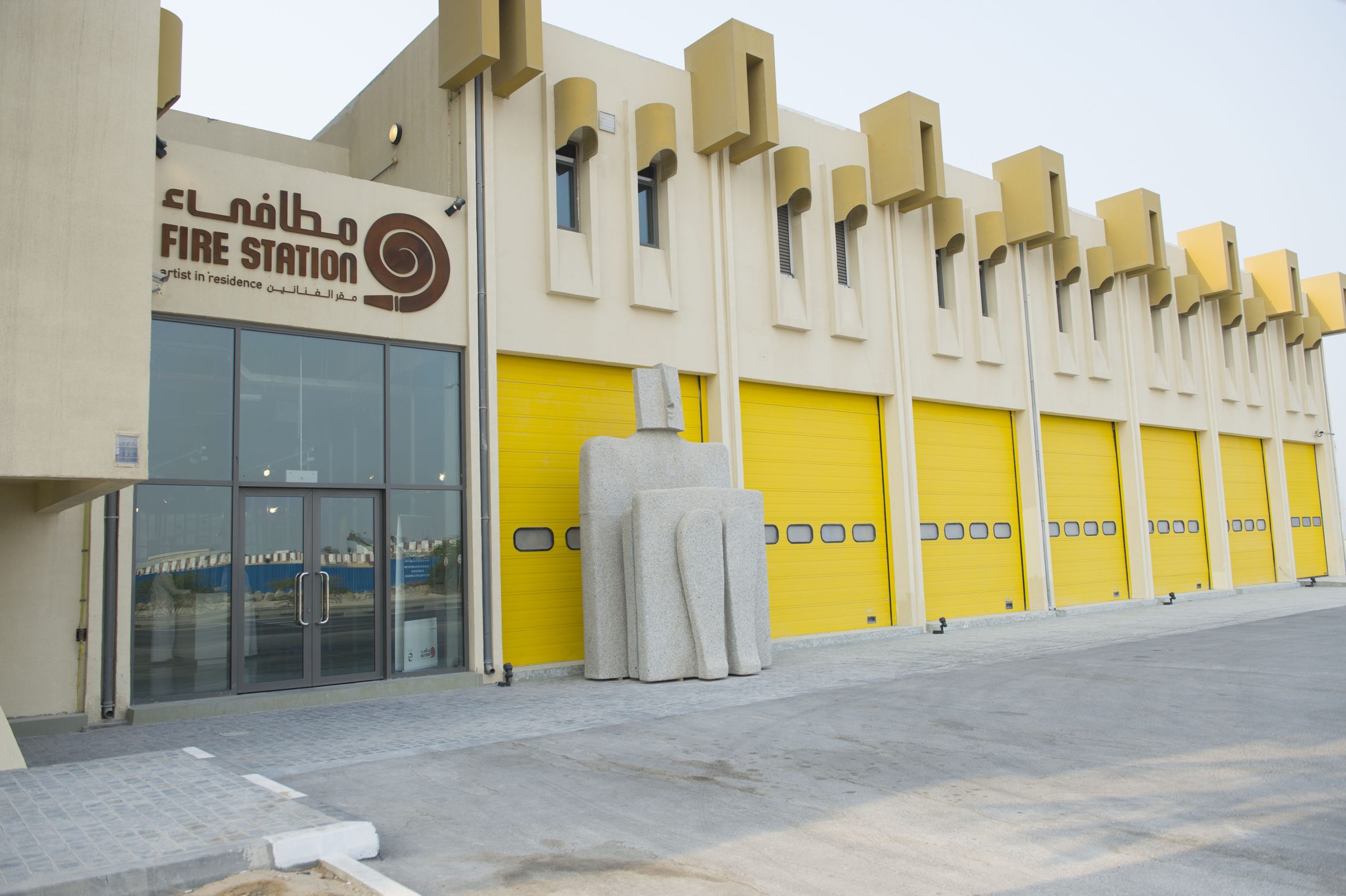
Though many Arabs in Qatar and across the Middle East enjoy watching Hollywood movies and listening to Western music, far more support censorship of any film or program that could be deemed “offensive” to the community.
That’s one of the findings of the newly released “Entertainment Media in the Middle East: A Six-Nation Survey,” produced by Northwestern University in Qatar, in partnership with the Doha Film Institute.
The results of the survey were tallied following face-to-face interviews conducted earlier this year with 6,000 residents in Qatar, the UAE, Saudi Arabia, Lebanon, Tunisia and Egypt.
The interviews involved nationals from Egypt and Lebanon, and a mix of locals and expats in the other four countries, where the concentration of foreigners is higher.

According to the report, nearly seven out of 10 people surveyed favored tighter government regulation of offensive content, including that of a violent or romantic nature.
In Qatar, the response was even stronger, with 80 percent of respondents saying it’s appropriate to delete scenes that could be considered offensive. The report states:
“This support for censorship and government monitoring of entertainment content is observed across all facets of the population, except, perhaps, among Western expatriates in Qatar. In fact, in no other area of this survey do we find such consistency of opinion across the surveyed population.”
However, eight out of 10 of those surveyed in Qatar also agreed that more should be done to integrate their cultures with modern society. Commenting on the results, Everette E. Dennis, dean and CEO of NUQ, said in a statement:
“These apparently contradictory findings really are not, but reflect how the Arab world is coping with globalization and still grappling to preserve local culture.”
Movie screenings
The findings come after several of the countries surveyed were in the spotlight for their recent handling of two Hollywood blockbusters.
In January, movie-goers in the UAE and Qatar complained after censors edited out more than 40 minutes of the three-hour Wolf of Wall Street, due to foul language and explicit content.

Last month, three of the countries surveyed – Qatar, the UAE and Egypt – banned the film Noah at cinemas, saying the movie “contradicts the teachings of Islam,” Paramount Pictures said.
Indian comedy Grand Masti and Bollywood horror film Raaz 3 have also been banned in Qatar and UAE cinemas due to their content.
And this week, the Peninsula reported that a newly released Egyptian film was taken off screens following online complaints.
The newspaper states that Halawat Al Rooh (Sweetness of the Spirit), which stars Lebanese actress Haifa Wahbi, “reportedly contains sexually suggestive scenes featuring the actress in revealing clothes with a young boy.”
Preference for Arab-produced films
Though US and Indian films are watched in the Middle East, Arabic-language movies continue to dominate. Viewership in the Gulf is lower than other countries, however, due to the expat population.

NUQ
Additionally, the report found that there is a thirst for films that portray Arab culture, with 83 percent of those surveyed in Qatar saying they prefer such movies. It states:
“People in MENA watch films from a variety of regions, yet consider films from the Arab region to be a better mirror of Arab culture than films from other parts of the world. They also consider Arab films to be a more positive influence on morality.”
However, few Qatar residents acyually access homegrown content such as TV shows (30 percent), films (9 percent), or music (14 percent). The figures are higher among the local population, but the report states that “Qataris are more likely in general to consume content from the United States than from Qatar.”
According to Abdulaziz Al-Khater, DFI CEO, this may be due to a lack of Qatar-produced content. In a statement, he said:
“What we see from these numbers is that there is a growing demand for locally generated entertainment. The survey results reinforce the idea that nurturing a thriving creative industry in our region is vital to enabling the creation of content that accurately reflects Arab culture.”
Effects
Though Qatar residents enjoy Western content, they and others in the Middle East still expressed a penchant for preserving local culture. An average of three out of four people surveyed said they supported this notion, but affirmative responses in the Gulf countries were even higher.

Some 94 percent of respondents in Qatar favored taking more steps to preserve culture, as did 86 percent in Saudi Arabia and 85 percent in UAE. All three countries have large expatriate populations.
The survey’s results are available in full here, with a special chapter on Qatar here. NU-Q worked with Harris Poll, the Pan Arab Research Center and the Social and Economic Survey Research Institute at Qatar University to come up with the results.
They follow a report released by the university last year that extensively analyzed news and media usage in the Middle East.
Thoughts?







